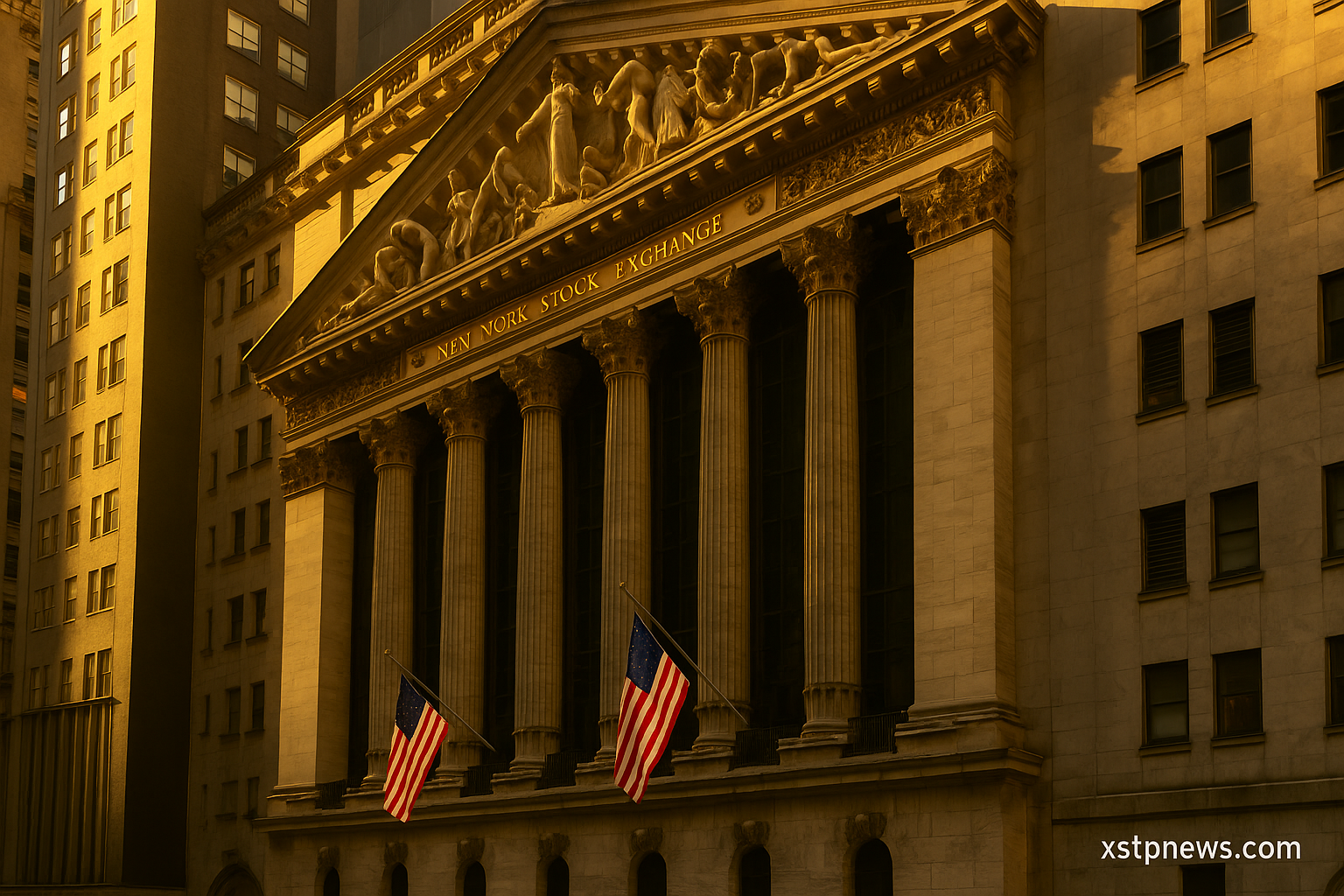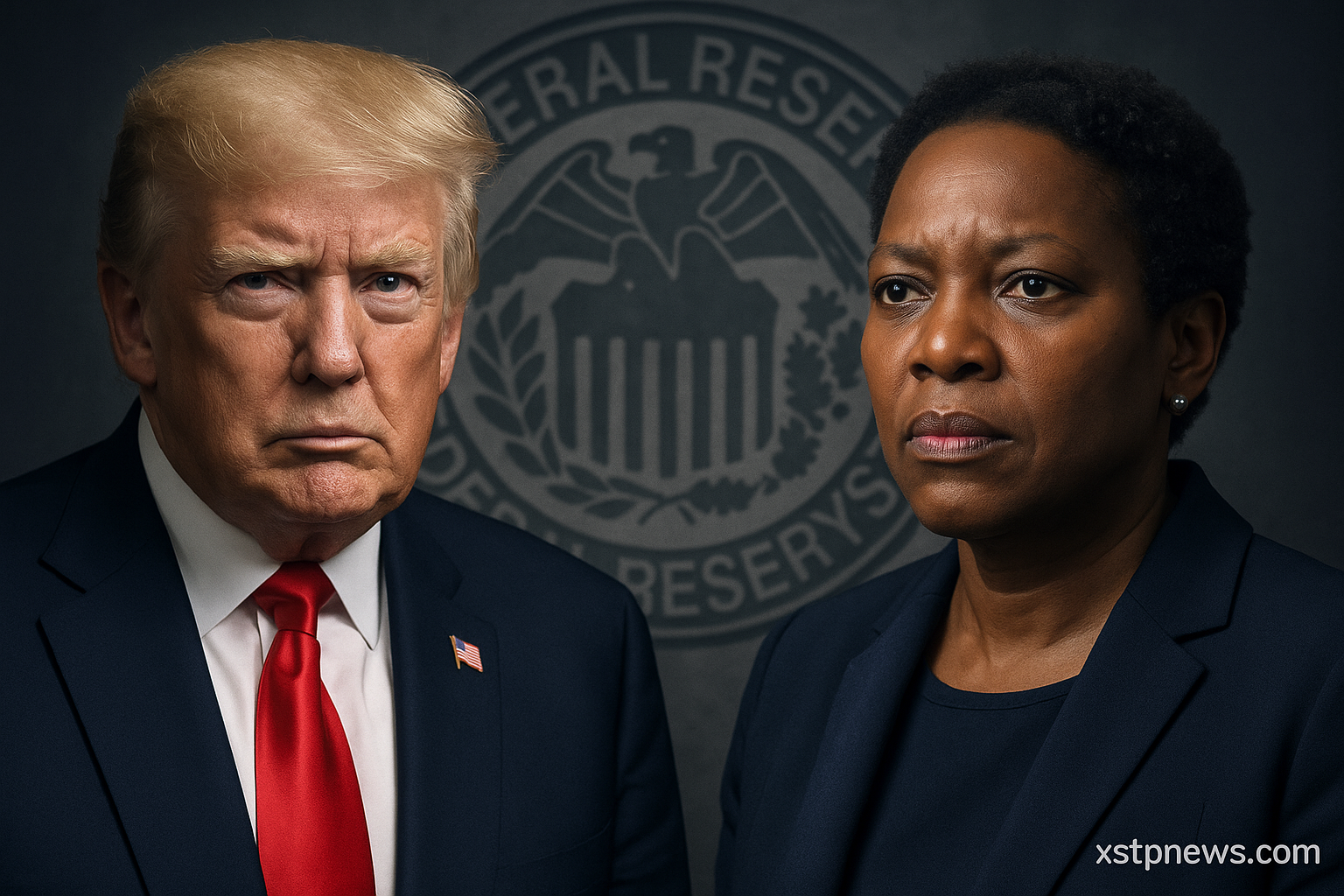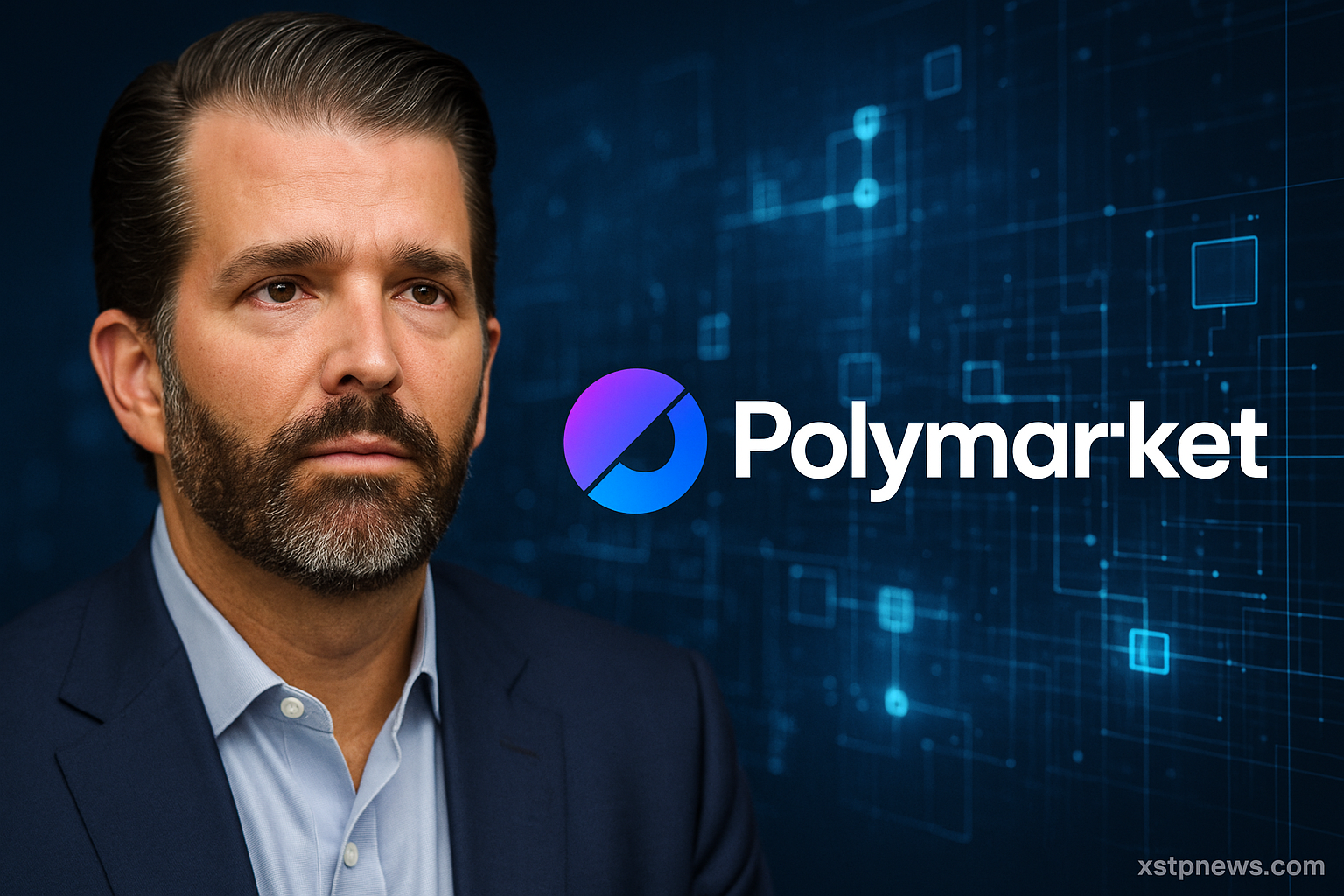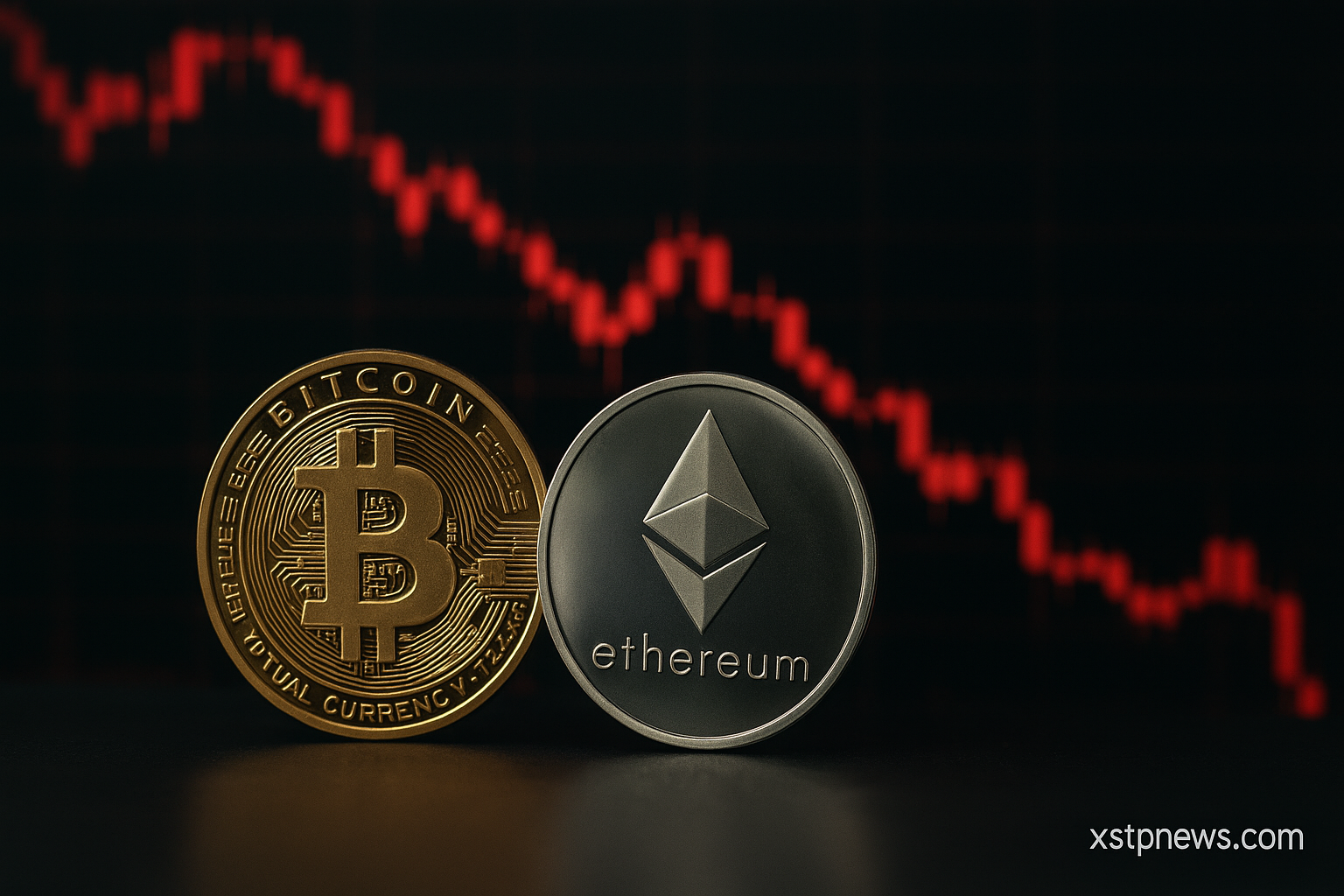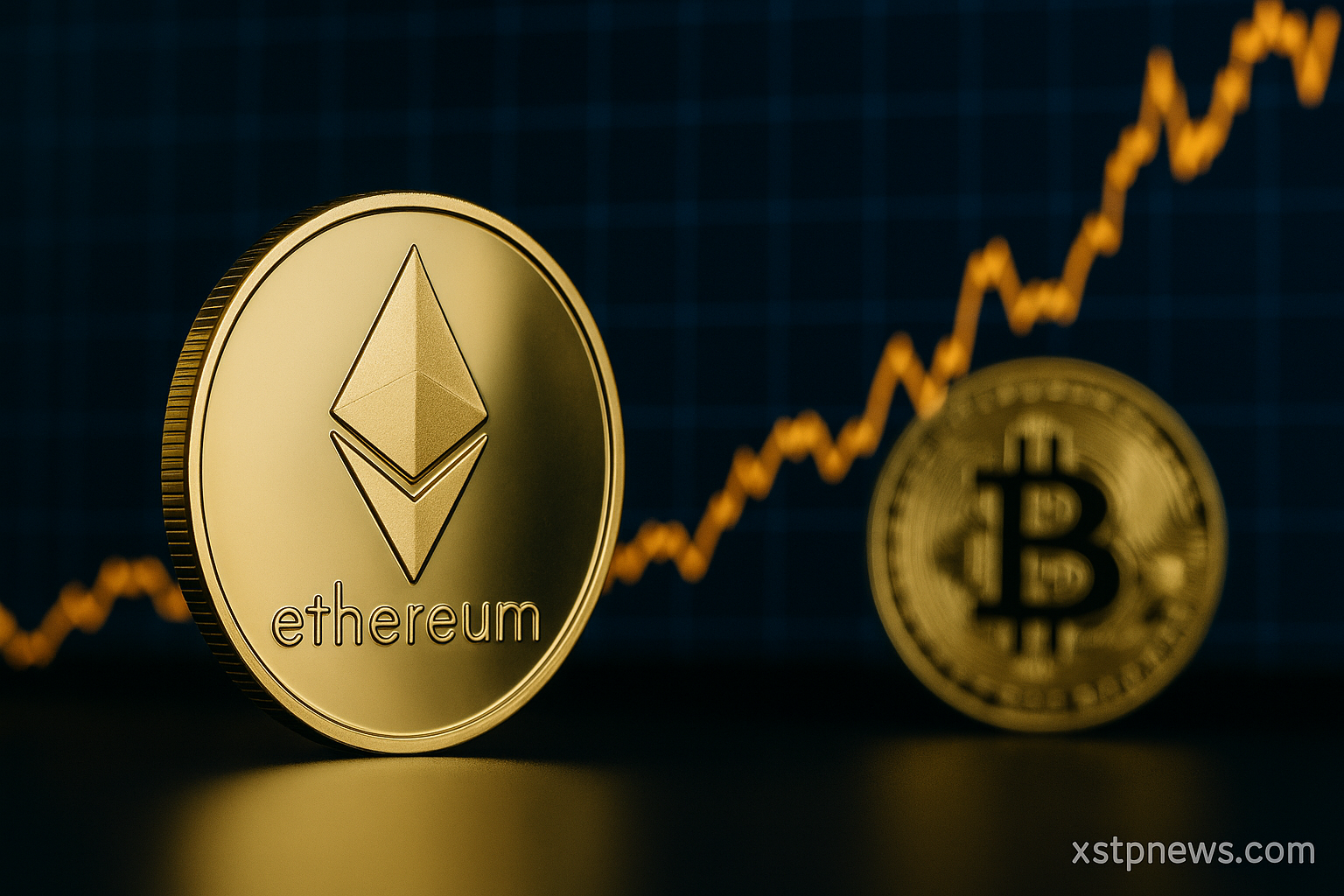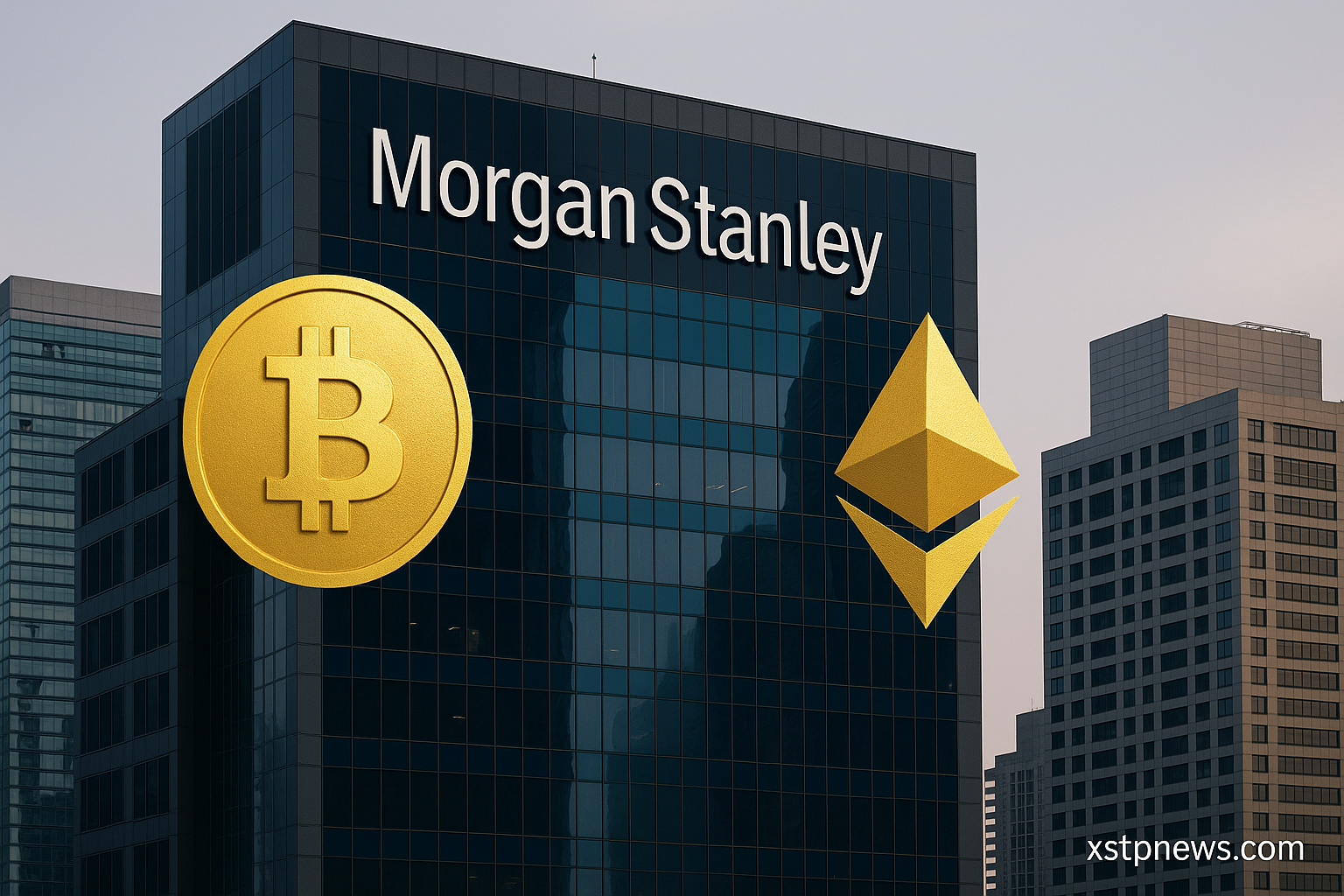Wall Street is betting heavily on tokenization of stocks, changing the global financial landscape. Giants like Kraken, Robinhood, and Securitize are moving fast, bringing traditional assets on-chain and attracting millions of new investors.
In the United States, Kraken has started offering tokenized stocks to clients outside the country, opening direct trading with digital custody and near-instant liquidity. Robinhood launched over 200 tokens of US stocks and ETFs in Europe, while Securitize, authorized by the SEC, already manages more than 4 billion dollars in tokenized assets, including BlackRock funds.
Germany stands out as a safe haven. BaFin approved euro stablecoins and digital funds, also giving the green light to 21X to trade fully regulated tokens, reinforcing Frankfurt as a global hub for on-chain financial products.
Across Asia, Hong Kong passed a new stablecoin law and is testing CBDCs and tokenized deposits through the Ensemble project. Singapore, under MAS, remains a strong institutional base for tokenization.
The Middle East is also moving fast. Abu Dhabi and Dubai have built clear rules for tokenized securities and real estate, while Qatar established its own legal structures to protect investors and secure digital assets.
Latin America is not staying behind. In Brazil, ANBIMA has tied tokenization to Drex, the digital real, connecting innovation to Open Finance. In Argentina, massive use of stablecoins as protection against inflation is pushing adoption of on-chain solutions.
Experts estimate that by 2030, tokens could represent 10% of the global market, reaching up to 5 trillion dollars. Banks, funds, and governments are adapting quickly so they don’t fall behind in this faster, more decentralized and accessible environment.
The message is clear. Tokenization is opening the door to more direct, fractional, and secure investments. Those who don’t keep up will simply watch as the new financial market takes shape.
